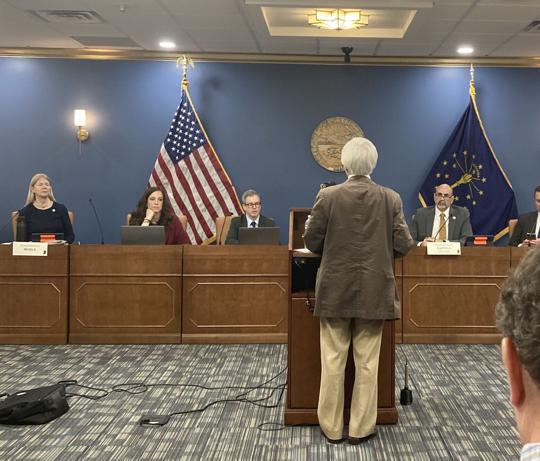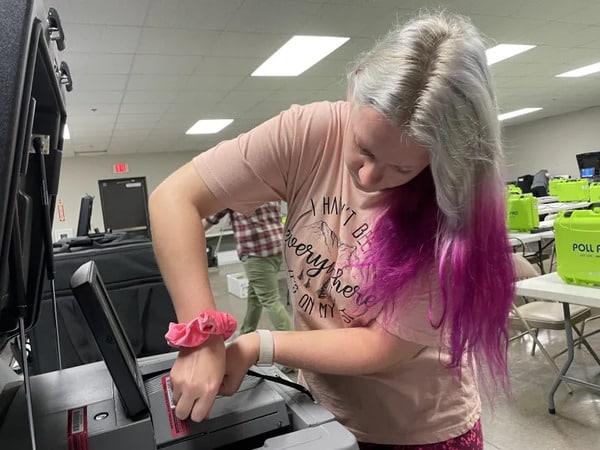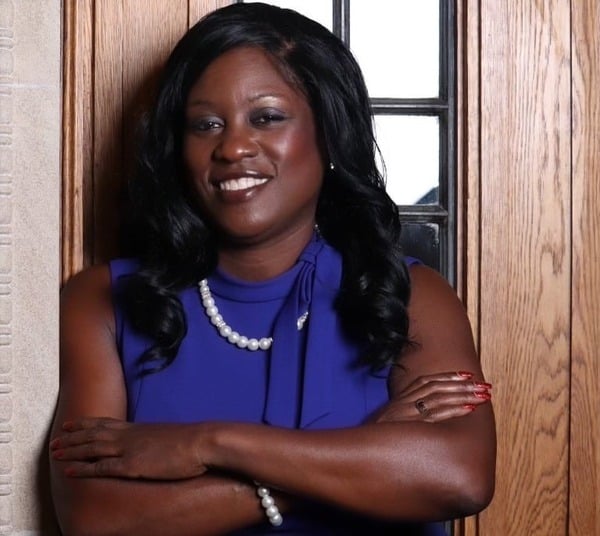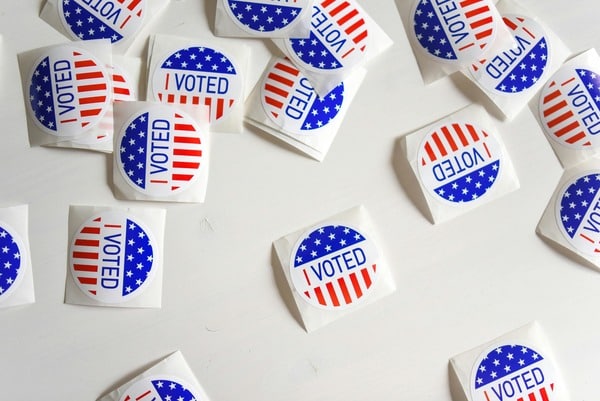In a rare and possibly unprecedented move Wednesday, a standing committee in the Indiana General Assembly heard testimony on legislation that would decriminalize possession of small quantities of marijuana.
The Indiana House Courts and Criminal Code Committee heard testimony on House Bill 1297, authored by Rep. Heath VanNatter, R-Kokomo. The bill would decriminalize the possession of two ounces or less of marijuana.
Although similar bills have been introduced in increasing numbers in past legislative sessions, not one has received a hearing. Most states have passed legislation to decriminalize possession of marijuana for either recreational or medical use, including Illinois, Michigan and Ohio.
However, the committee didn’t vote on the legislation Wednesday. Committee Chair Wendy McNamara, R-Evansville, said she believed the discussion was needed but added legislators would not be voting on the bill during the 2023 session.
McNamara allowed those testifying in support or in opposition a total of 30 minutes each to speak. Following this, the committee was allowed to pose questions to those who testified. The committee closed with a discussion on the issue.
VanNatter did make note of an amendment he made to the bill, which would set limits for edibles and an age restriction of 21 or over for decriminalization to apply.
“I’ve got three reasons why I support the decriminalization of cannabis,’’ said Rep. Mitch Gore, D-Indianapolis.
“The first is that I’m a third-generation tavern operator. … And you know that I would serve my clients three Long Islands, which was our limit, and then they would go to their car and smoke a bowl and all of a sudden that’s what made them a criminal.
“The second reason is I have Crohn’s disease. I’ve missed a few session days. I’m in the middle of a flare up right now. It causes inflammation. A lot of abdominal pain, lack of appetite, which you can’t tell from looking at me and, you know, there’s a natural product that happens to fix all three of those things. Now, I never consumed a cannabis product. My current employer strictly prohibits it, which is fine. But I know a lot of people with Crohn’s or other inflammatory bowel diseases, cancer, PTSD, the list goes on and on, who would receive a lot of benefit from this.
“And the third reason is, I’m a law enforcement officer and I just had a bill heard, I’m very grateful for that. We heard testimony about how criminals are attaching devices to their run-of-the-mill hand guns that make them fully automatic. They’ll empty a 33-round magazine in less than three seconds. That’s what officers are dealing with in the field. I don’t think they care about two ounces or less of cannabis.’’
Several testified in favor of HB 1297, including Dr. Richard Feldman, legislative chair of the Indiana Academy of Family Physicians, former Indiana state health commissioner and a family physician.
“The Academy does support, clearly, the decriminalization of marijuana for personal use,’’ he said. “We recognize the benefits of intervention and treatment as is indicated for the use of marijuana rather than incarceration for both adults and youth.
“Marijuana is not a hard drug. It’s not a narcotic and certainly safer than alcohol and tobacco. It shouldn’t be legally treated accordingly. There is no evidence that marijuana is a gateway drug any more than alcohol. …
“Most importantly, from a broad public health perspective, marijuana-related convictions and the resulting marginalization and negative consequences are not justified, from either moral or costs to society standpoint. Decriminalization does not result in an increased use, including youth, and is supported by multiple medical professional societies.”
Among those testifying in opposition was Barbara Rosenberg, legal counsel for the Indiana State Police.
“I do understand there was an amendment in this bill that raised the age position … which is helpful, but there’s still concerns about anyone having access to (marijuana)’’ she said. “People can grow this product in your backyard or have that ability and with that comes the concern the ability to use prior to driving on our roads, which is a big policy issue. … We are concerned that there will be an increase in traffic accidents and fatal accidents on the road.”










